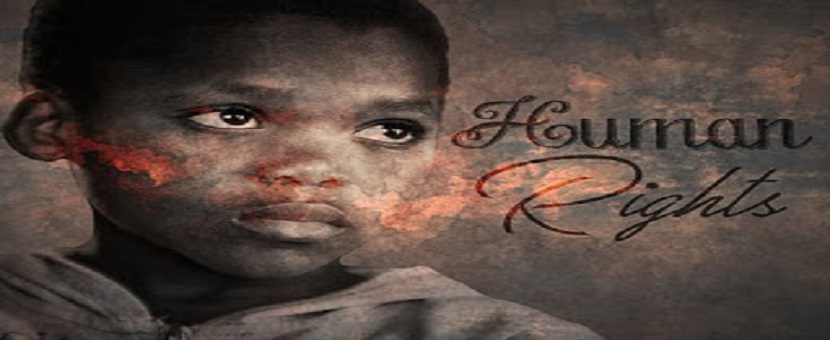It is common practice in many communities to find leaders in those communities as well as youth associations mobilizing the youths to embark on community development projects. This mobilization sometimes go with some level of compulsion in order to secure the cooperation of youths within the community. In some occasions, we find overzealous ‘law enforcement’ wing of the youths association taking laws into their hands while attempting to execute the community development objectives. In the process, they trample on the fundamental rights of others. The consequences of this unlawful initiative can be costly like we saw in a recent case of State v. Ogbonna Egwu [2022] 8 NWLR (Pt. 1832) 195 decided by the Supreme Court.
The Story
On 18 September 2016, one Ogbonna Egwu, as President of Youths of Amorie Ozizza Community in Afikpo North Local Government Area of Ebonyi State, directed members of the Task Force of the Youths Association of Amorie Ozizza to go out as a group to compel youths in the community to attend the meeting of the youths of the community holding that day at the community playground, concerning some development projects to be executed by the community. It happened that there was low turnout at the meeting venue.
Ogbonna Egwu was said to have also joined the youths in executing the directive. Armed with sticks, machetes and axes, as if on a robbery mission, the youths led by Ogbonna Egwu invaded the home of one Ali Agha to compel him to attend the meeting. In the process of compelling him, they killed him by inflicting multiple machete cuts on his body resulting in acute loss of blood.
Nine members of the group, including Ogbonna Egwu, were arrested in connection with the incident and arraigned on a one-count charge of murder of the deceased. They were all found guilty and accordingly sentenced to death by hanging. Dissatisfied with the judgment, Ogbonna Egwu successfully appealed to the Court of Appeal which set aside the judgment of the trial court and discharged and acquitted him. The State however appealed to the Supreme Court. The appeal was allowed on 10 December 2021. The Supreme Court set aside the decision of the Court of Appeal and upheld the conviction and death sentence passed by the trial Court on Ogbonna Egwu.
The Supreme Court held that the evidence established beyond reasonable doubt that the Respondent (Ogbonna Egwu) and his cohorts formed a common intention to prosecute an unlawful purpose of using extreme violence to force the deceased to attend a meeting he had no interest in attending, and in conjunction with one another, and in the prosecution of that unlawful purpose, the offence of murder was committed. The Court held that the death of the deceased was the probable consequence of setting out with dangerous weapons which were used on the deceased in order to force him to attend a meeting.
Interestingly, in cases of this nature, it is often easy for one to argue that though he or she was part of the group, it was someone else entirely who actually struck the deadly blow. But the law sees things differently. The Supreme Court had to explain this. Thus, where common intention to execute an unlawful purpose is established, a fatal blow or gunshot, though given by one of the persons involved, is deemed in the eyes of the law to have been given by all those present and participating. In other words, the person who actually delivered the fatal blow is, in such a case, no more than the hand by which others also struck. In this case, since the Respondent (Ogbonna Egwu) did not only give the directive but also joined in executing it, whereupon the deceased was physically attacked and killed, the Respondent was equally guilty of the resulting murder.
The Supreme Court further clarified that, desirable as development projects in the community may be, there must be caution to ensure that fundamental rights of individuals are not trampled upon by popular enthusiasm and youthful high spirit. These rights have been enshrined in the Constitution which enjoys superiority over local custom. Freedom of association and religion are all constitutional rights which ought to be respected. In the case, the deceased’s right of freedom of association was breached.
In place of violent compulsion, there are other civil and decent ways to command obedience and the cooperation of the youths in any given community. Resort to only violent means is an evidence of the failure of leadership within that community. In the case of State v. Egwu, the court found that Amorie Ozizza Youths meeting had been banned from operating in the community due to their nefarious and notorious mode of operation. Notwithstanding the ban, the Respondent and his cohorts proceeded to do their worst.
Community development objectives should never be more valuable than the life of any member of a given community who should otherwise enjoy the developments.














